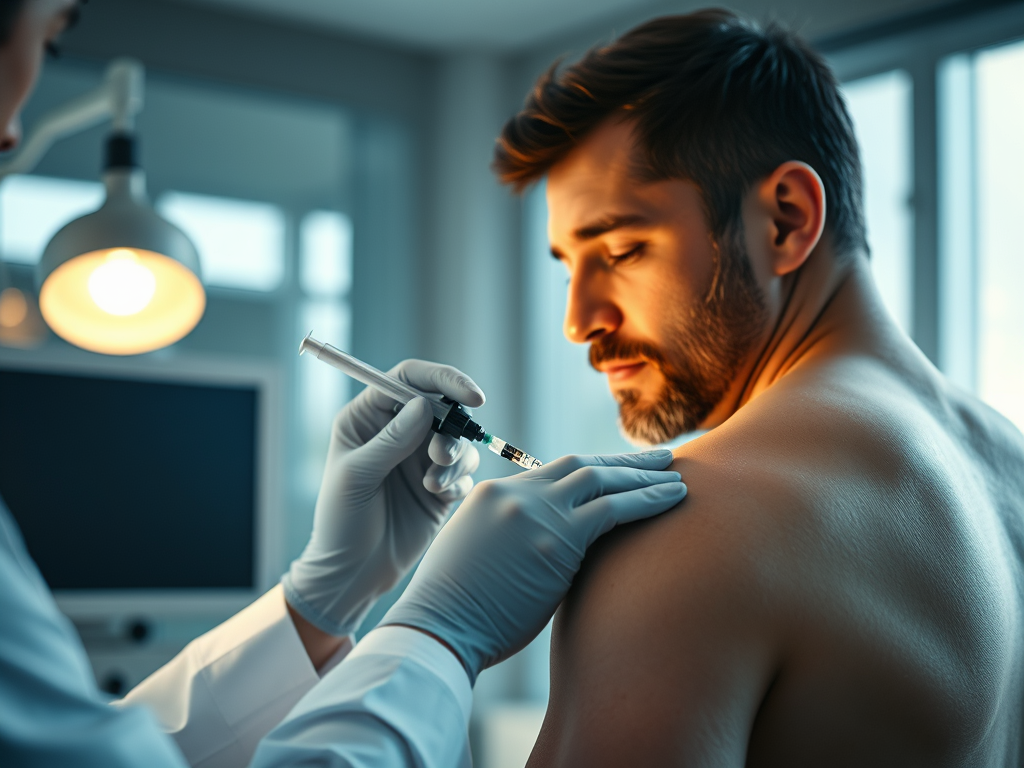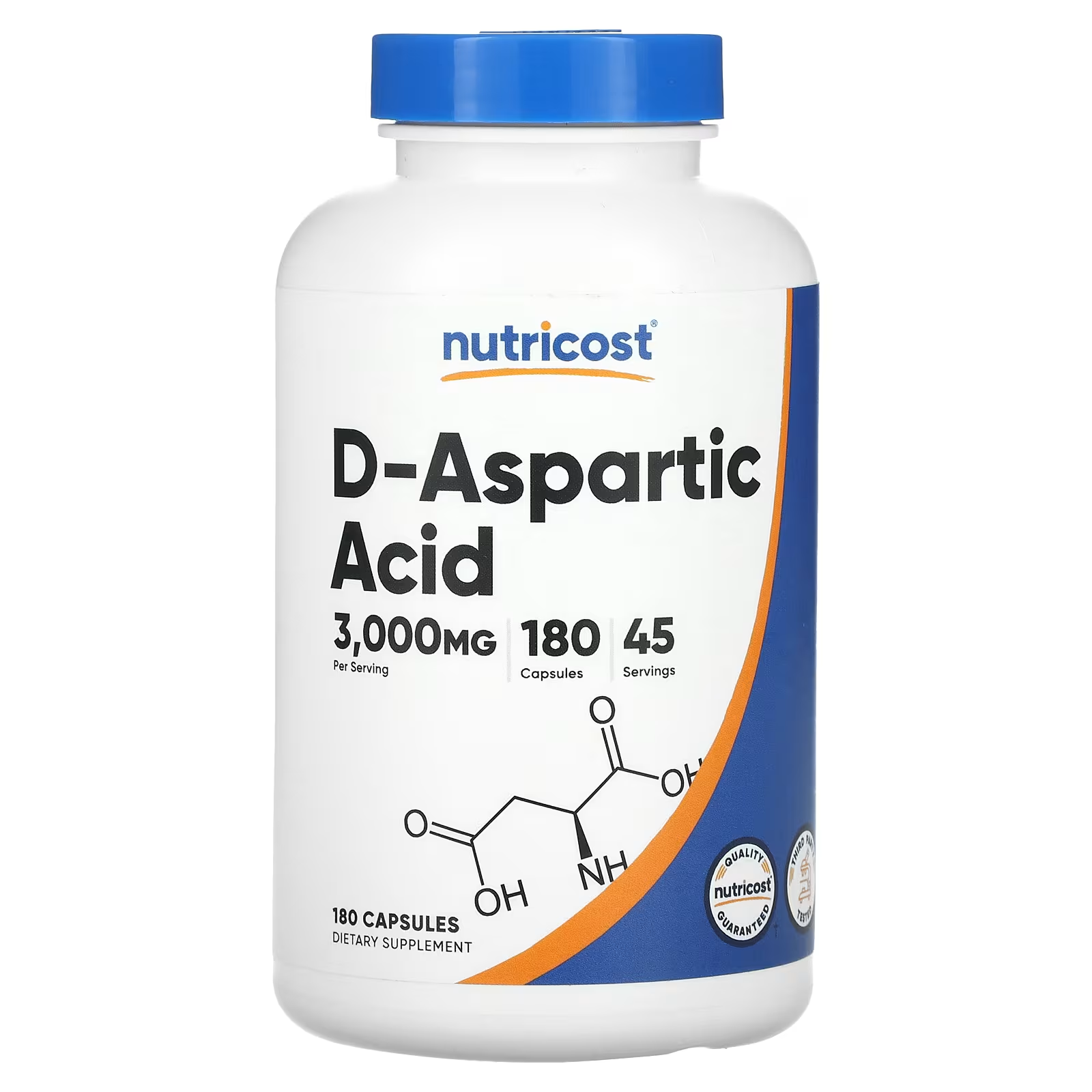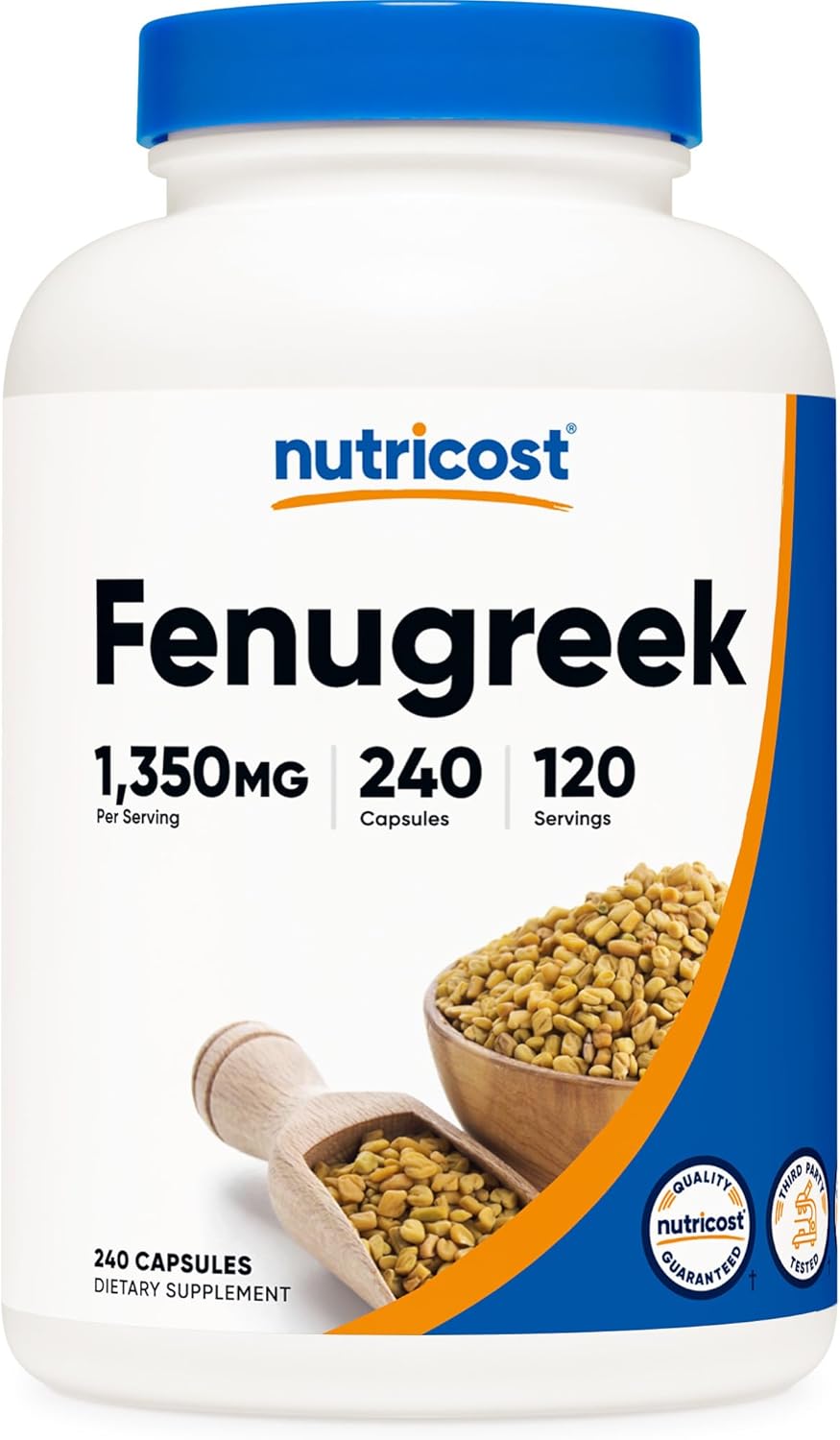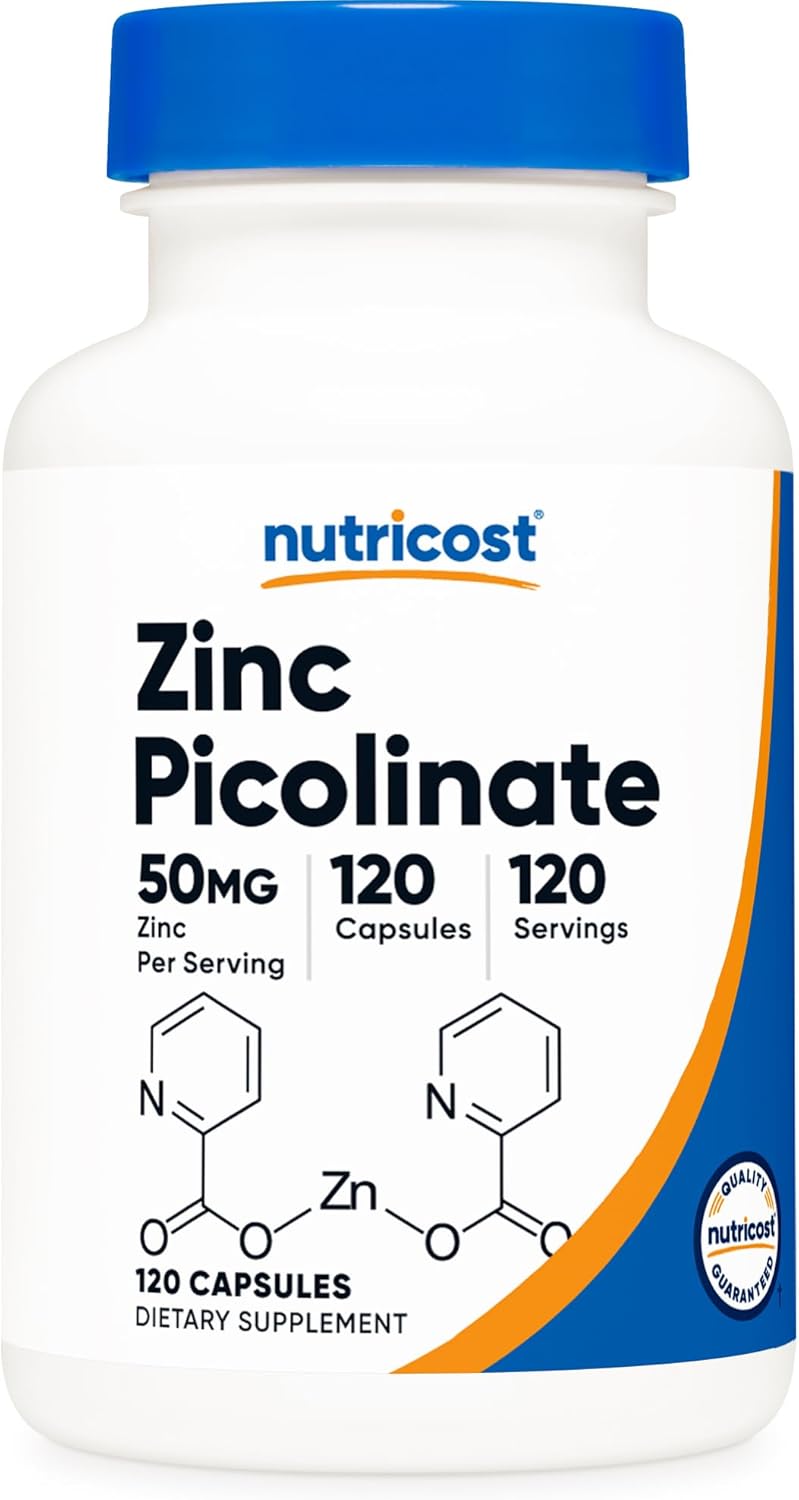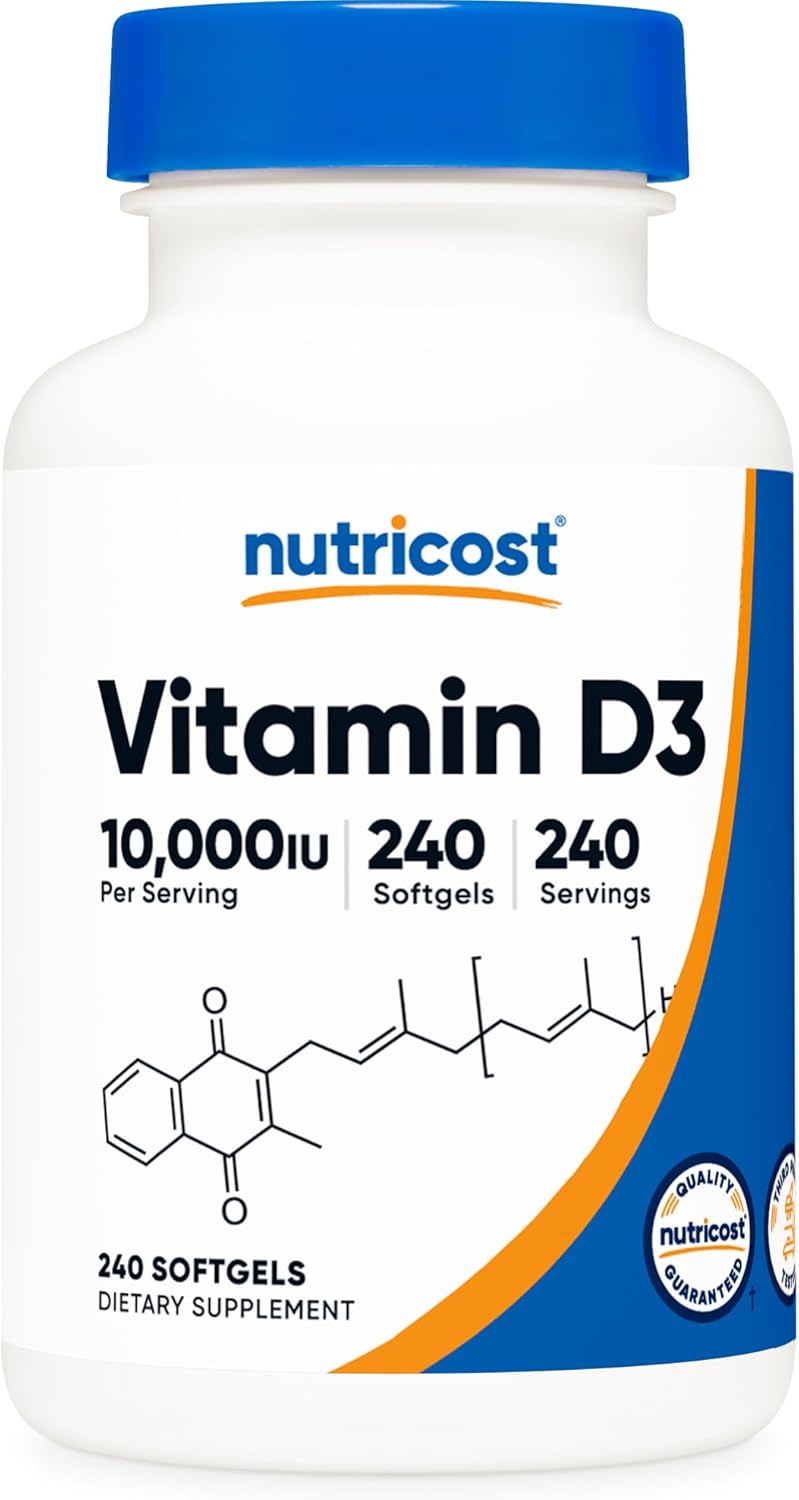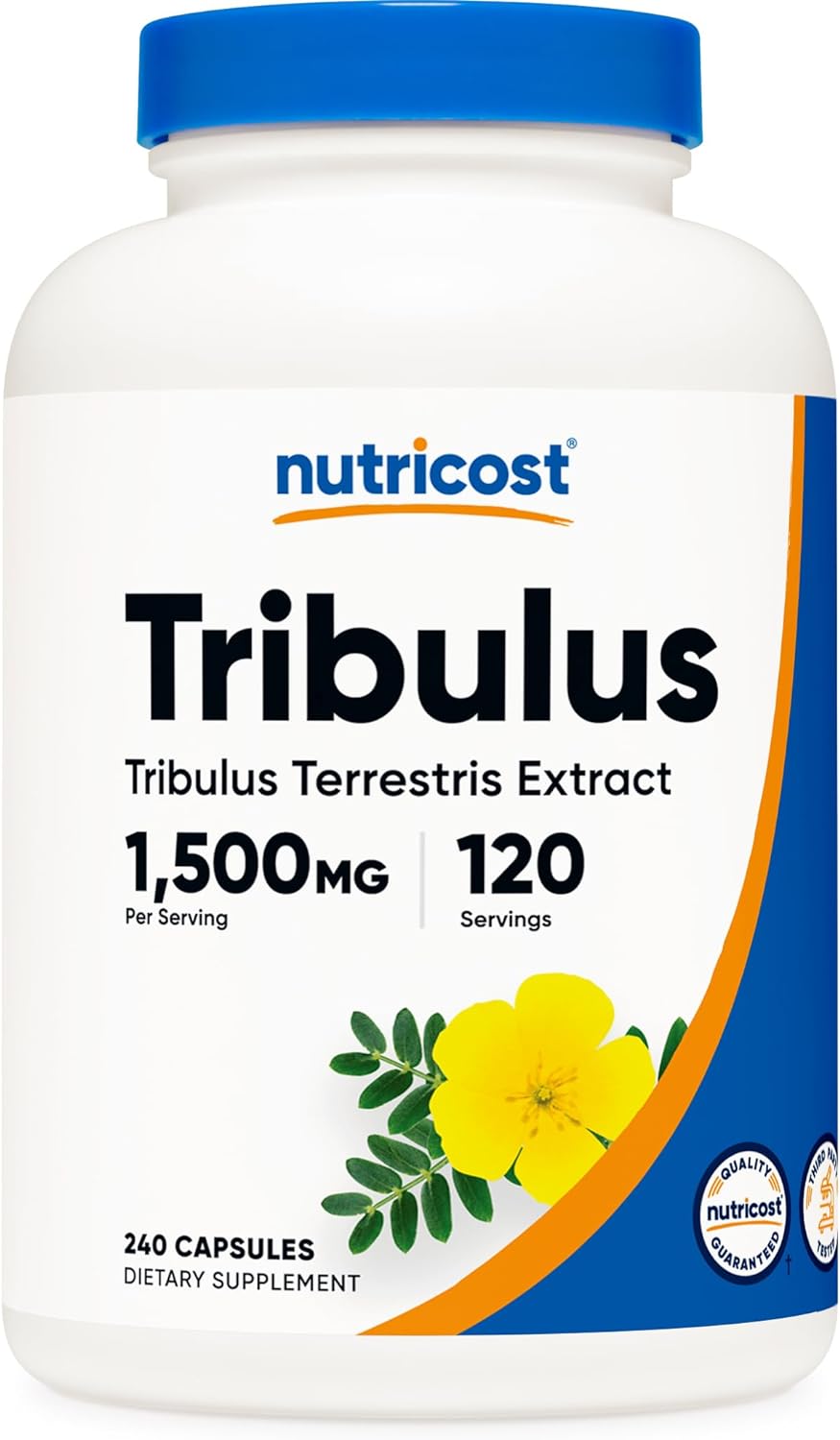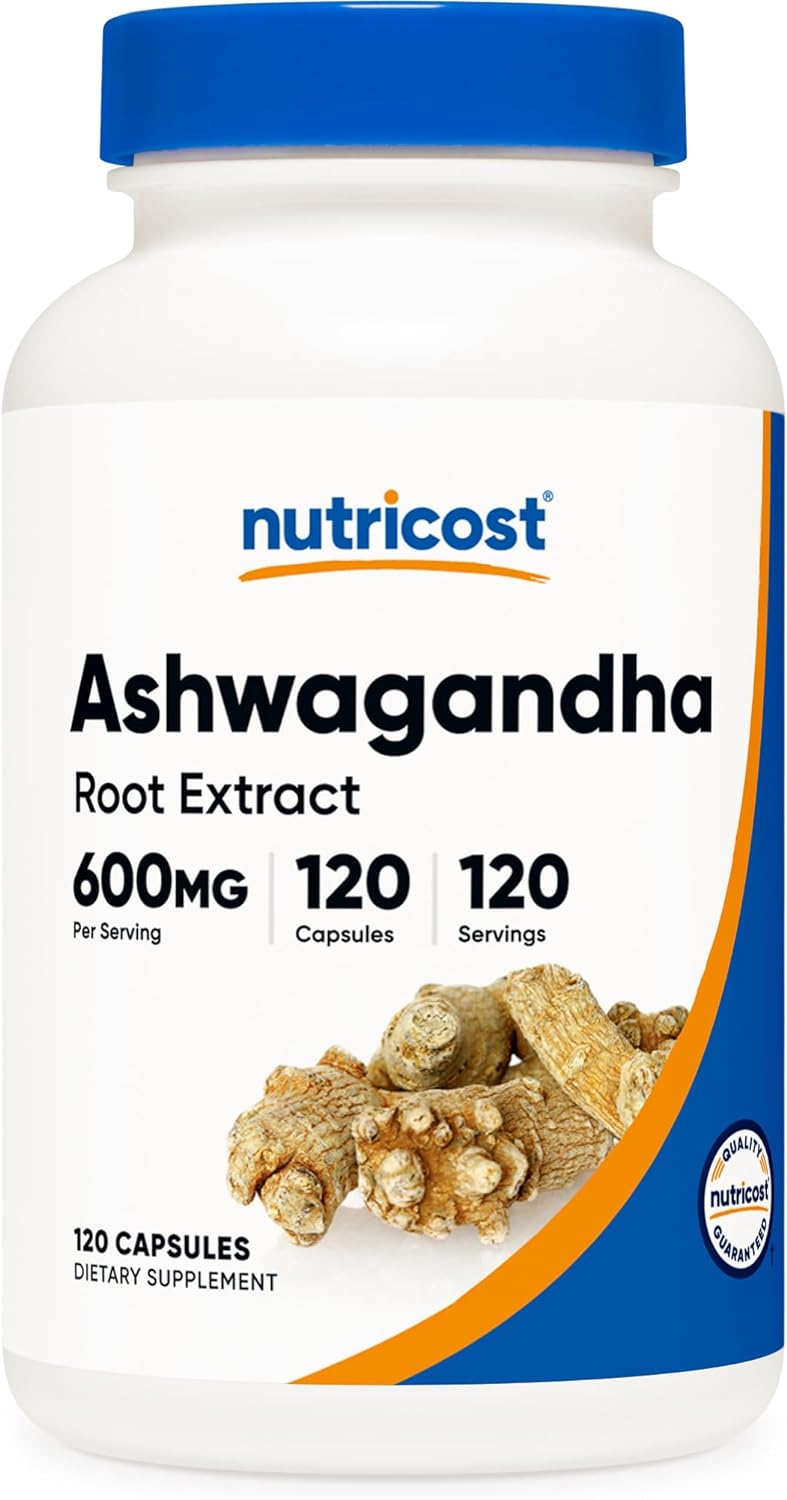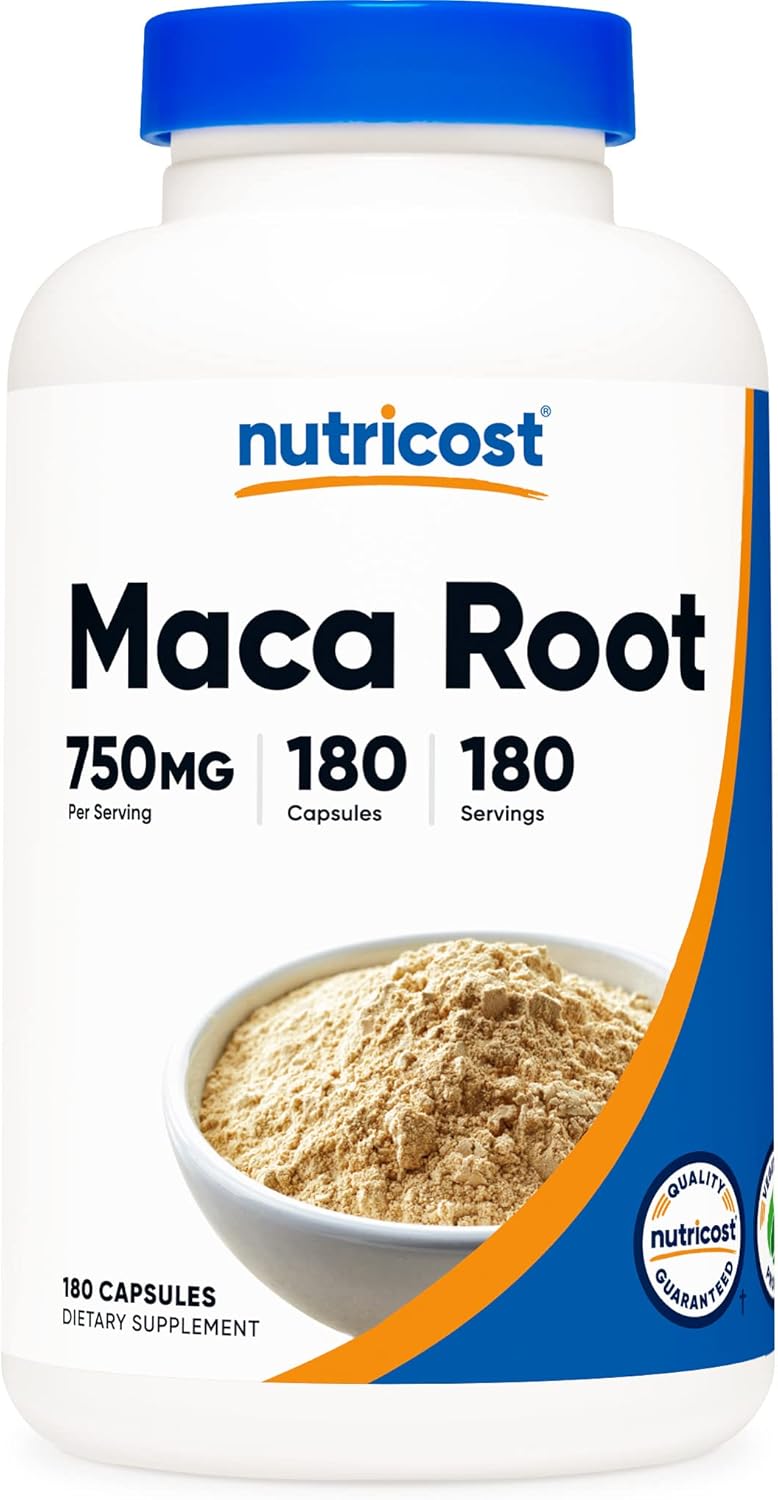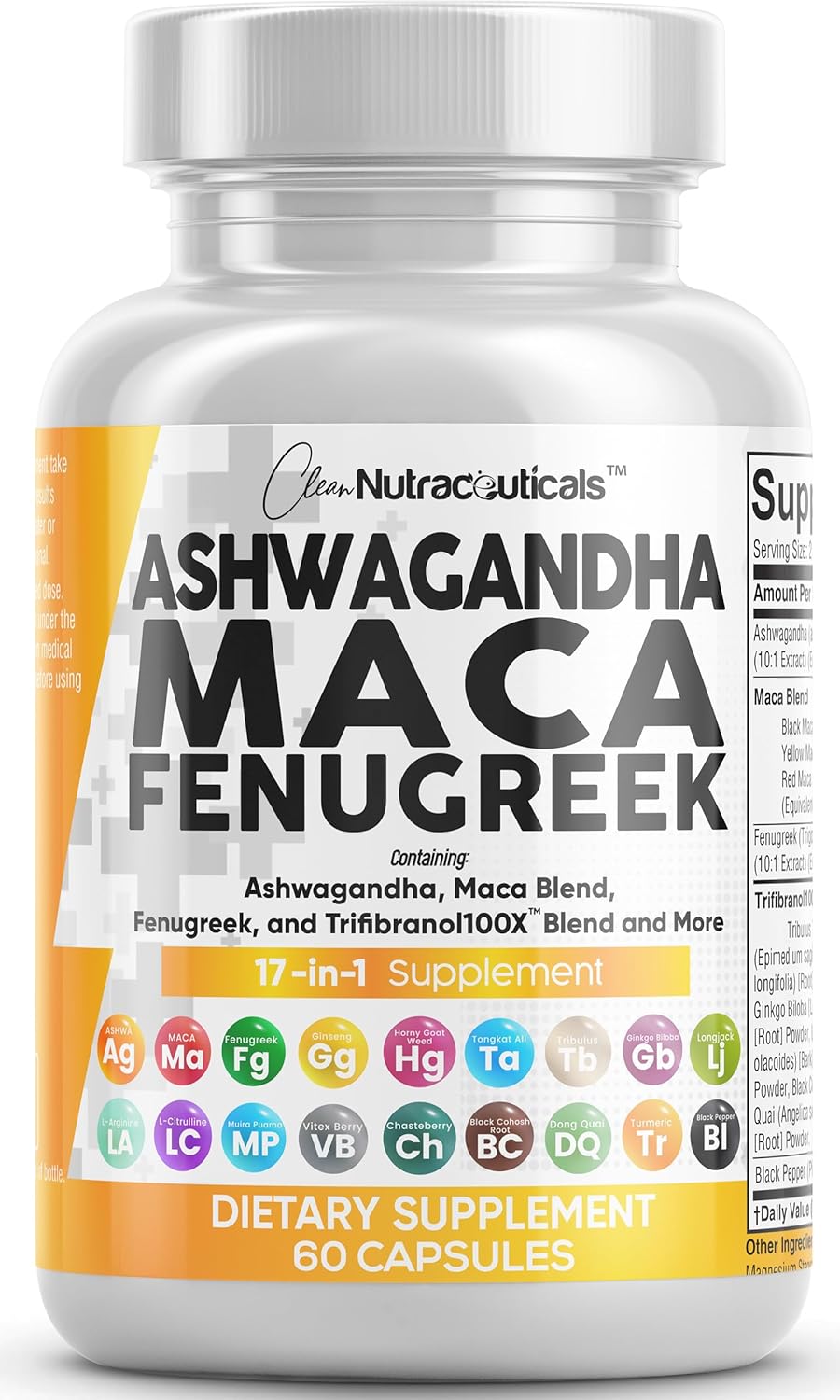Testosterone is a vital hormone that plays an essential role in various functions in the body, including muscle growth, fat distribution, and mood regulation. While many people turn to supplements, a more natural and sustainable way to boost testosterone levels is through diet. In this article, we explore the best natural testosterone booster foods that can help you maintain healthy testosterone levels and optimize your overall health.
What Is Testosterone and Why Does It Matter?
Testosterone is the primary male sex hormone, but it’s important for women too. It supports muscle mass, bone density, and the production of red blood cells. As we age, testosterone levels naturally decline, which can lead to fatigue, decreased libido, and other health issues. Diet plays a significant role in maintaining balanced hormone levels, and incorporating natural testosterone booster foods is an excellent strategy for naturally supporting this important hormone.
Top Natural Testosterone Booster Foods
1. Eggs: Full of Protein and Healthy Fats
Eggs, particularly the yolk, are an excellent source of healthy fats and vitamin D, both of which are essential for testosterone production. The cholesterol in egg yolks also serves as a building block for testosterone. Don’t skip the yolk—it contains much of the key nutrients that support hormone balance.
Personal tip: I’ve always been a fan of starting my day with a hearty omelet. Little did I know, it’s been secretly helping my hormone balance, too!
2. Tuna: Packed With Vitamin D
Tuna is loaded with vitamin D, a nutrient strongly linked to higher testosterone levels. Research has shown that men who are deficient in vitamin D tend to have lower testosterone levels (NIH, 2023). Including tuna or other fatty fish like salmon or mackerel in your diet can help increase your intake of this vital nutrient.
Fun fact: I often grab a can of wild-caught tuna for a quick, hormone-boosting snack after a workout.
3. Oysters: High in Zinc
Oysters are widely recognized as a natural testosterone-boosting superfood because of their high zinc content. Zinc is critical for testosterone production and is often found to be deficient in individuals with low testosterone levels. Just a few oysters can meet your daily zinc needs and give your hormones a well-deserved boost.
4. Leafy Greens: Magnesium and Antioxidants
Leafy greens like spinach, kale, and Swiss chard are rich in magnesium, which has been shown to increase testosterone, especially in active individuals. Spinach is particularly famous for its testosterone-boosting properties, thanks to its high levels of magnesium and vitamin B6.
5. Fortified Cereals: More Vitamin D
If you’re not a fan of fish, fortified cereals can be a great source of vitamin D. Choose whole-grain cereals fortified with vitamin D to enhance your hormone levels naturally. This is an easy and convenient way to include testosterone-supporting nutrients in your diet. Check labels to ensure you’re choosing a product with a significant vitamin D content.
6. Avocados: Rich in Healthy Fats
Avocados are full of monounsaturated fats, which are essential for testosterone production. Additionally, they contain magnesium and vitamin B6, which play supportive roles in maintaining healthy testosterone levels (Harvard School of Public Health). The combination of fats and vitamins in avocados makes them an ideal food for hormone health.
7. Ginger: A Powerful Testosterone Boost
Research suggests that ginger may improve testosterone levels by increasing luteinizing hormone production, which stimulates the testes to produce more testosterone (NCBI). Ginger is also a powerful anti-inflammatory, helping to improve overall health and wellness.
Tip: I like to add fresh ginger to my tea or smoothies for an easy testosterone-friendly boost!
8. Pomegranates: Antioxidant Powerhouse
Pomegranates are loaded with antioxidants that improve heart health and reduce oxidative stress, which can negatively affect testosterone levels. Studies show that drinking pomegranate juice can increase testosterone levels significantly.
Side note: I’ve tried adding pomegranate juice to my morning routine, and it’s a refreshing way to support my testosterone naturally!
9. Lean Beef: Packed With Zinc and Vitamin D
Lean cuts of beef are rich in zinc, vitamin D, and protein, all of which are essential for testosterone production. However, it’s important to eat red meat in moderation, as too much saturated fat can have negative health consequences. Opt for grass-fed beef to get more nutrients while avoiding unnecessary additives.
Nutrients in Natural Testosterone Booster Foods
The best natural testosterone booster foods are rich in specific nutrients that support hormone health. Below are the most critical nutrients you should focus on in your diet to enhance testosterone:
1. Zinc: Zinc is one of the most important minerals for testosterone production. Studies have shown that low levels of zinc are directly linked to low testosterone levels. Foods rich in zinc include oysters, beef, and fortified cereals (NIH Zinc Fact Sheet).
2. Vitamin D: Vitamin D deficiency is linked to low testosterone levels, so ensuring adequate intake is essential. Foods high in vitamin D include fatty fish, fortified dairy products, and cereals.
3. Healthy Fats: Monounsaturated and saturated fats help your body produce testosterone. Healthy fat sources include avocados, olive oil, and coconut oil (American Heart Association).
4. Magnesium:
Magnesium plays a role in hundreds of biochemical reactions in the body, including testosterone production. Foods rich in magnesium include leafy greens, nuts, and seeds.
5. Antioxidants:
Antioxidants reduce oxidative stress, which can damage testosterone-producing cells. Pomegranates, berries, and dark chocolate are all rich in antioxidants.
How Natural Testosterone Booster Foods Impact Hormone Levels
Diet directly impacts hormone production, so focusing on natural testosterone booster foods is key to maintaining healthy testosterone levels. While these foods can have a positive effect, it’s important to also avoid foods that may lower testosterone, such as highly processed foods, sugar, and excessive alcohol. Maintaining a balanced diet, coupled with regular exercise and adequate sleep, will ensure your body has the support it needs to produce testosterone naturally.
From my experience, incorporating these natural testosterone booster foods has not only helped with maintaining balanced hormone levels but also improved my overall energy levels. It’s amazing how much your diet can influence your well-being!
Conclusion
Incorporating natural testosterone booster foods into your daily diet is a simple yet powerful way to support hormone health. Whether you’re reaching for eggs in the morning or enjoying a pomegranate smoothie post-workout, these nutrient-rich foods will help boost your testosterone levels naturally and sustainably. Focus on foods that provide zinc, vitamin D, healthy fats, and antioxidants to give your body the nutrients it needs to thrive.

